Nanoscience is the research that aims to discover new behaviors and properties of materials with dimensions at the nanoscale, while nanotechnology is the way in which these discoveries are utilized and applied.
Nanoscience is a relatively new field that is generating a lot of global buzz. Scientists are working and developing new tools, products, and technologies to address various challenges.
Some of the industries where nanoscience is having the greatest impact are:

WHAT IS SPECIAL ABOUT NANOSCIENCE?
At the molecular level, this science is responsible for investigating and discovering the behaviors and properties of different materials on a microscopic scale and subsequently manipulating their matter on a nanoscale.
NANOMETER
It's one trillionth of a meter, and to put that into perspective, the thickness of a sheet of paper is 100,000 nanometers thick, while the diameter of a hair is approximately 50,000 to 180,000 nanometers.

In nature, there are functions and processes that occur at the molecular level, which scientists hope to imitate and replicate. We can find nanomaterials in fire smoke, volcanic ash, or sea spray. Today, scientists have managed to create nanomaterials with properties never before imagined. At the nanoscale, materials can behave very differently than at a larger scale. Some materials can increase their strength and resistance, others can become better heat conductors, or some can even completely change their properties, opening up a microscopic universe of possibilities.
The field of nanoscience emerged in the 1960s but has reached its greatest strength in recent decades, achieving revolutionary advances. It is expected to grow even further in the years to come, as it has opened up scientific research at the molecular level and a world of opportunities.
The United States, Brazil, and Germany are leaders in the nanotechnology industry, while in Asia, countries such as Japan, South Korea, India, and Malaysia are leading the way.
In America, Mexico ranks second in research development in this field, only behind Brazil and followed by Argentina.
Based on the few censuses conducted on the implementation of nanoscience in our country, it is known that until 2013, the states that stood out nationally in the development of nanoscience were Mexico City, Nuevo León, the State of Mexico, Querétaro, and Jalisco.
In this context, Gabriela León, Industrial Biochemical Engineer from the Autonomous Metropolitan University (UAM) and founder of Éviter, developed more than a decade ago a nano biomolecule based on citrus extracts that measures only 2 nanometers, thanks to the fact that it is smaller than viruses, bacteria, fungi, spores and other pathogens, it can eliminate them safely, effectively and sustainably.
The nanotechnology behind Éviter® products is capable of acting selectively, not damaging healthy cells in the body or the surfaces with which they come into contact.

The effectiveness of eliminating pathogens at a nanoscale has been proven in national and international laboratories, in daily use, and at events that have adopted the Éviter® Total Biosecurity protocol, such as the 2021 and 2022 Mexican Open tennis tournament, the Mexican Olympic delegation participating in the Tokyo Games, and others that have demonstrated a zero COVID-19 infection rate.
Thus, nanoscience demonstrates once again its relevance and the great potential it has for biosecurity.
The effectiveness of pathogen elimination at the nano scale has been verified in both national and international laboratories, daily use, and events that have adopted Éviter®'s total biosafety protocol. Examples include the Mexican Open Tennis tournaments in 2021 and 2022, the Mexican Olympic delegation participating in the Tokyo Games, and others that have demonstrated a zero COVID-19 contagion rate.
Thus, nanoscience once again showcases its relevance and tremendous potential in promoting biosafety.
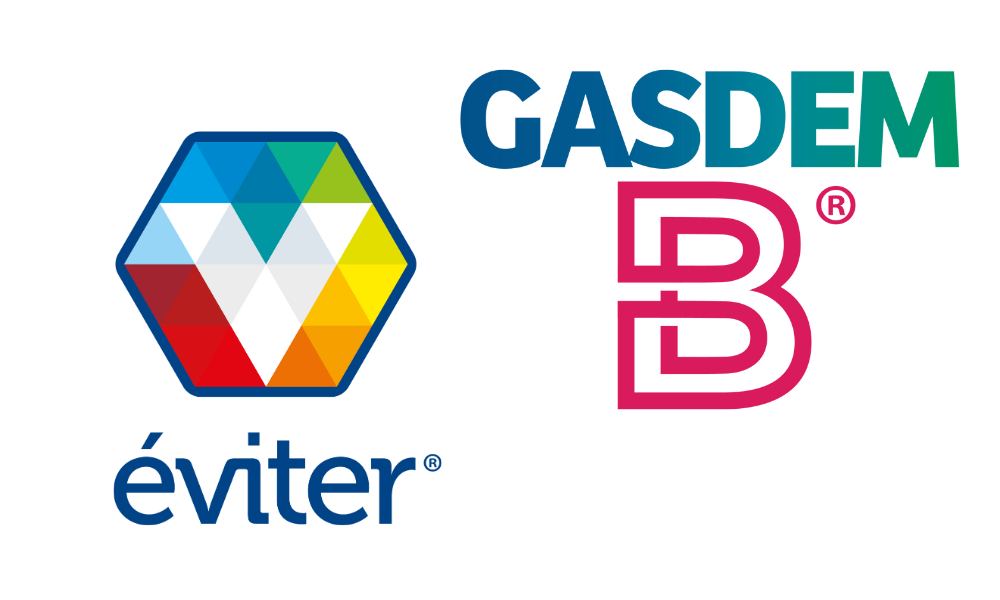




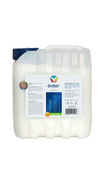



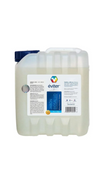
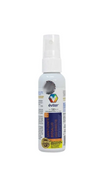


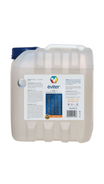

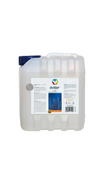







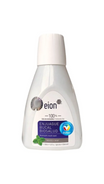






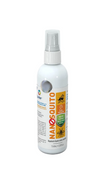





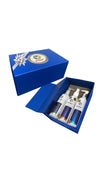

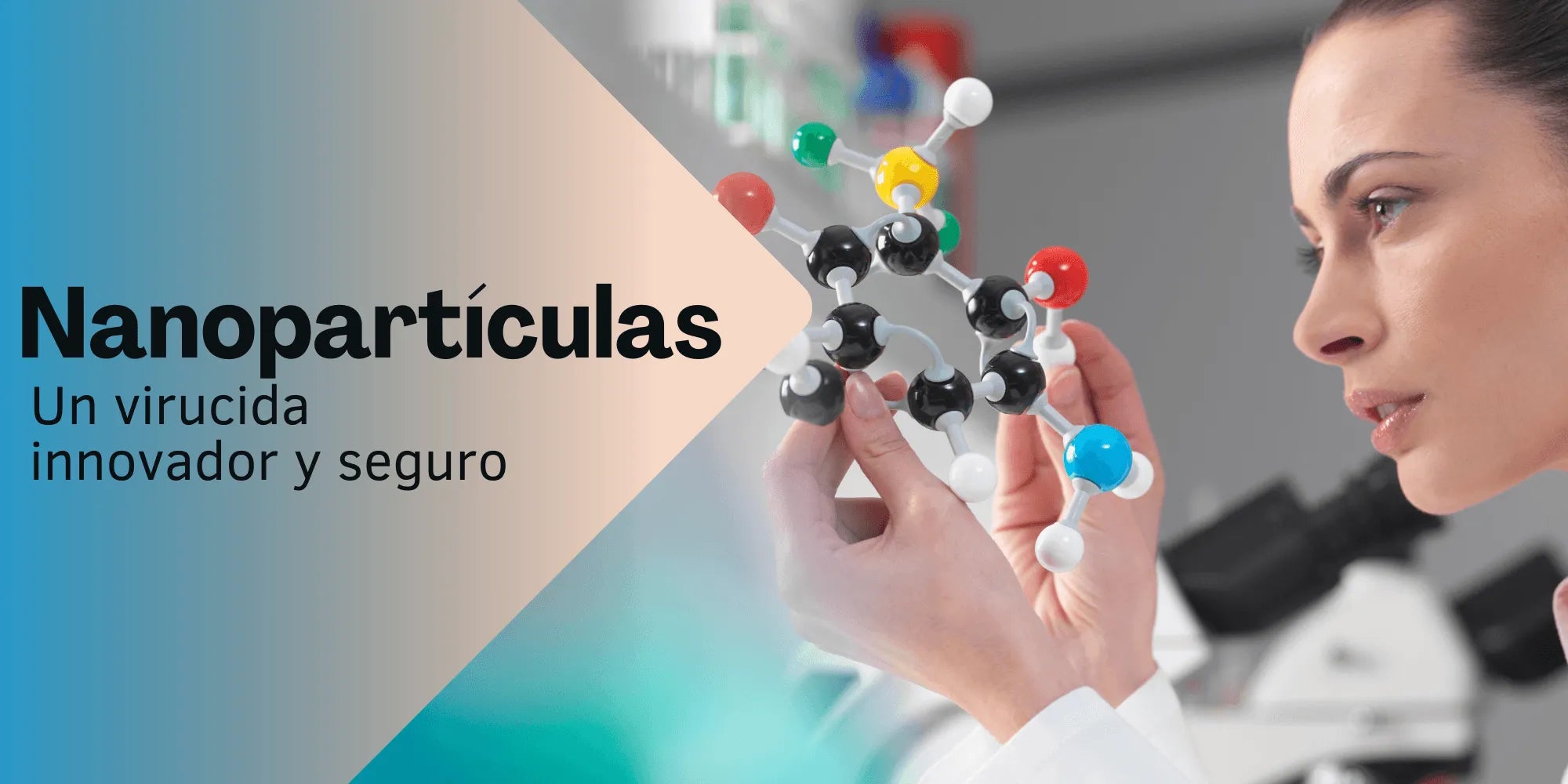
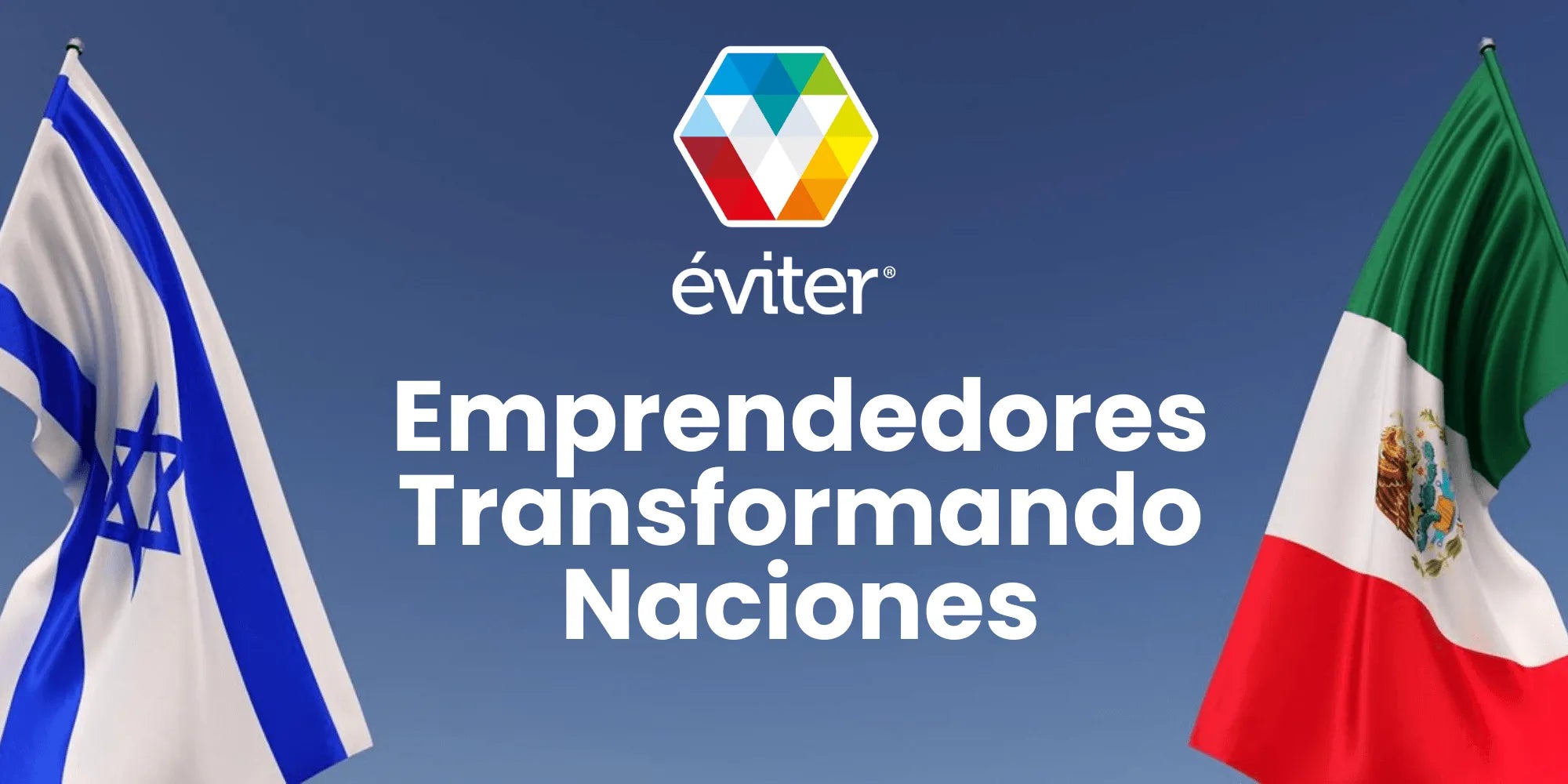
Leave a comment
This site is protected by hCaptcha and the hCaptcha Privacy Policy and Terms of Service apply.